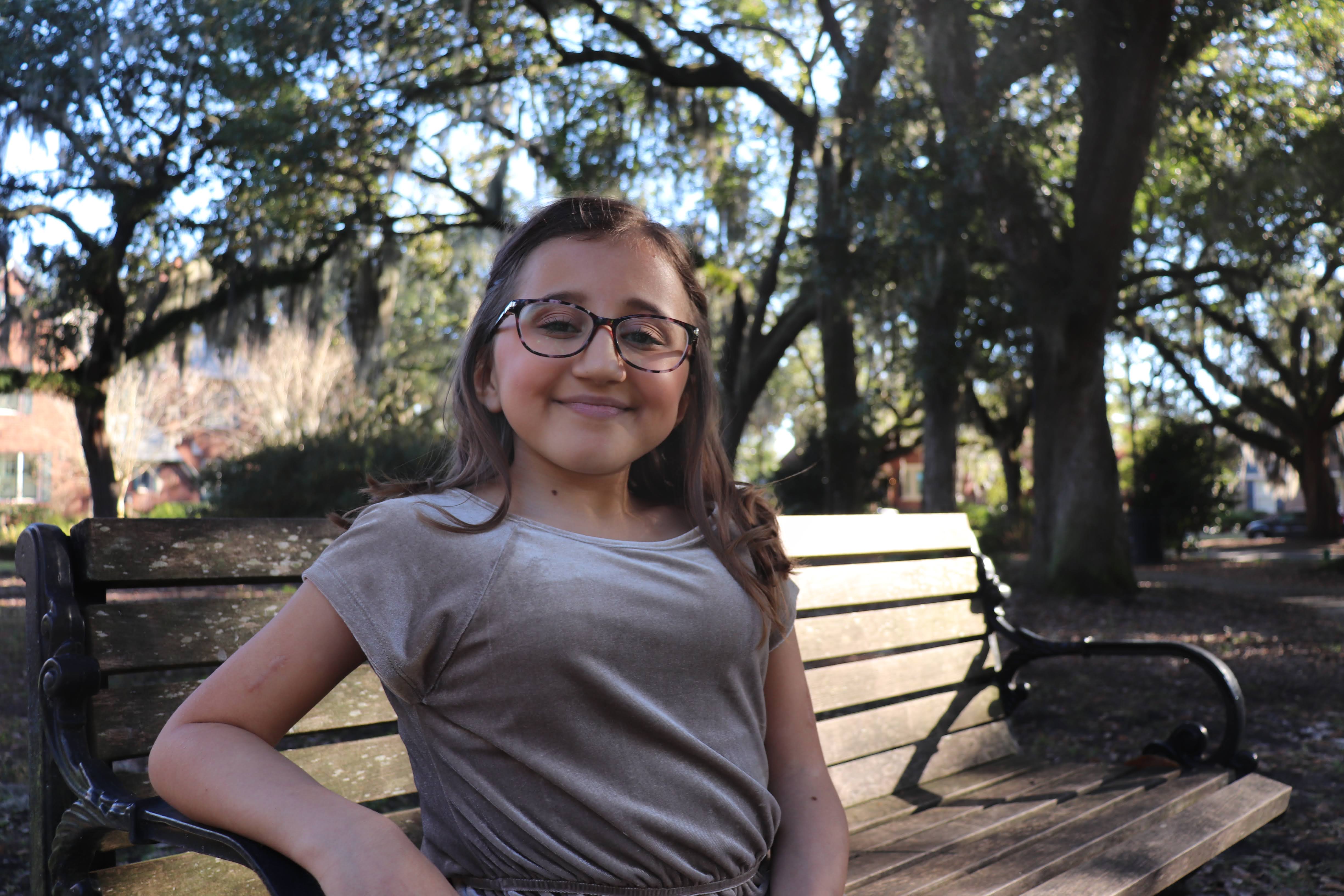
A Transatlantic Youth Dialogue on the Future of Digital Safety

Overview
As the digital world expands into new frontiers across virtual and augmented realities, the metaverse, and more, it is imperative that the safety of young people remains paramount. Coming together in online spaces is commonplace for today's youth as they navigate complex social lives, academics, and growing up in an increasingly virtual world
A full recording of this panel is available on YouTube. View it here.
Thank you so much, Microsoft, for your partnership and support in putting together this webinar.
On Tuesday, March 1st, the Family Online Safety Institute convened a youth panel discussion with the support of Microsoft that featured four representatives from Microsoft’s Council for Digital Good US and Council for Digital Good Europe. Stephen Balkam of FOSI facilitated this conversation alongside Dr. Sameer Hinduja of the Cyberbullying Research Center and they were joined by Aishwaryaa and Anna, both 14, of the Council for Digital Good US; and Donagh and Wu-Ji, both 16, of the Council for Digital Good Europe.
The conversation opened with a high-level overview of the recently released 2022 Digital Civility Index from Microsoft which reports on the global perspective of Internet risks, behavior online, and personal safety. The panelists then shared about their relationship with technology as it relates to living the past few years in a global pandemic, specifically how it affected their social relationships, educational experience, and adaptability towards the general use of tech.
The teens then shared about their friendships and how tech either supported fostering new connections or impacted their ability to stay close to those around them. They agreed that while it was much easier to stay connected through different modes of communication, it was also natural to fall out of touch with friends and that online interactions did lead to some level of disconnect and confusion around context and body language.
The panel then shared areas where they were excited about and concerned for emerging technology like the metaverse, how virtual spaces can both foster and hinder empathy, and suggestions for tackling hate speech and biased offenses on platforms. In a short question and answer period, the panelists discussed how tech plays a part in developing social and emotional skills, age recommendations for lessons around empathy, and whether schools are doing enough to teach about online safety and digital civility.
Speakers

Aishwaryaa, 14
Member, Council for Digital Good US

Anna, 14
Member, Council for Digital Good US

Donagh, 16
Member, Council for Digital Good Europe

Wu-Ji, 16
Member, Council for Digital Good Europe

Stephen Balkam
Founder & CEO, Family Online Safety Institute

Dr. Sameer Hinduja
Professor, Florida Atlantic University, Co-Director, Cyberbullying Research Center